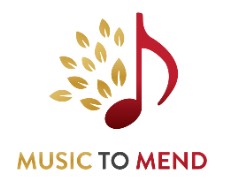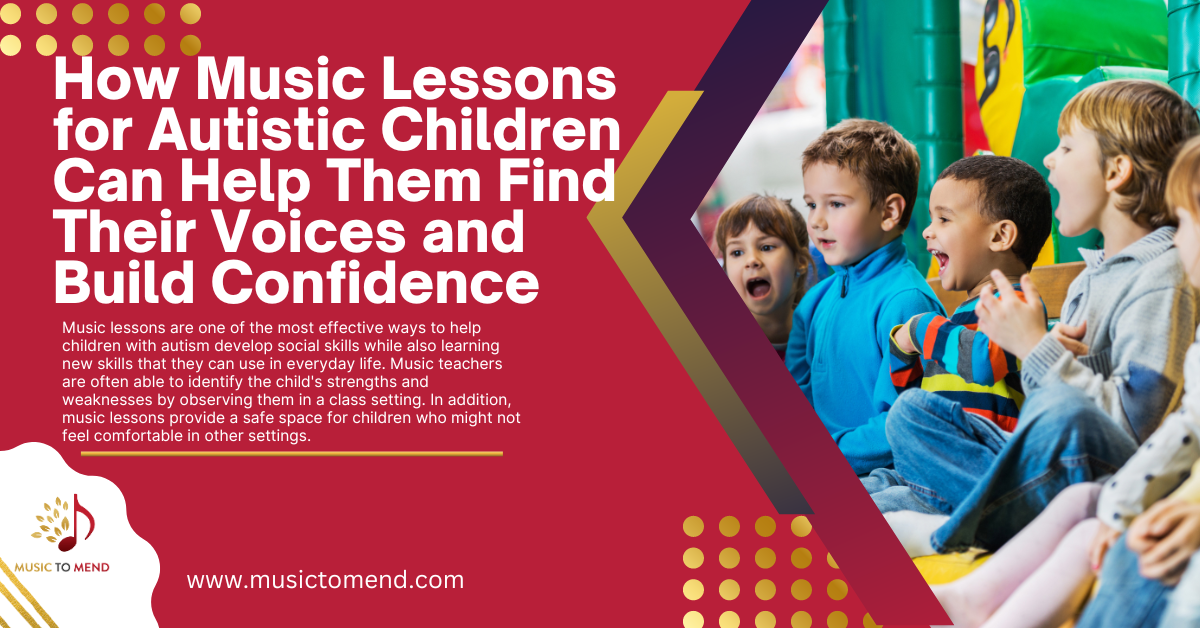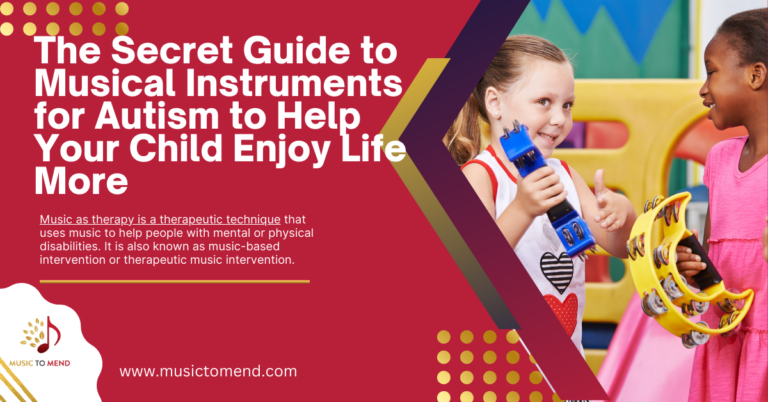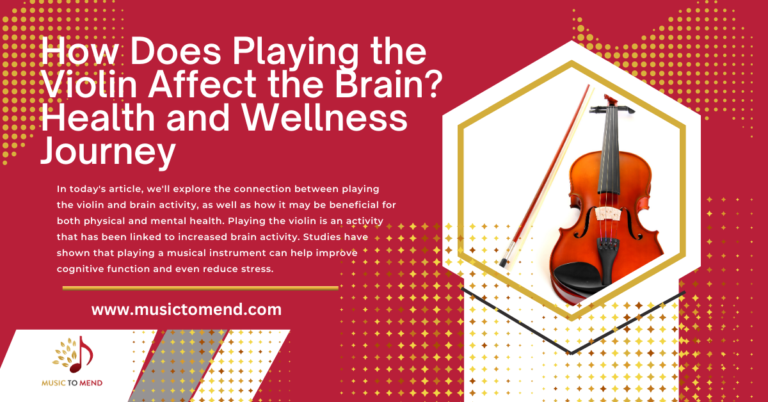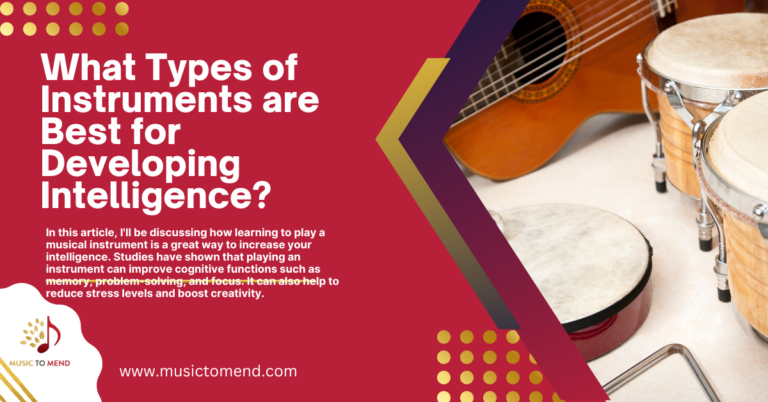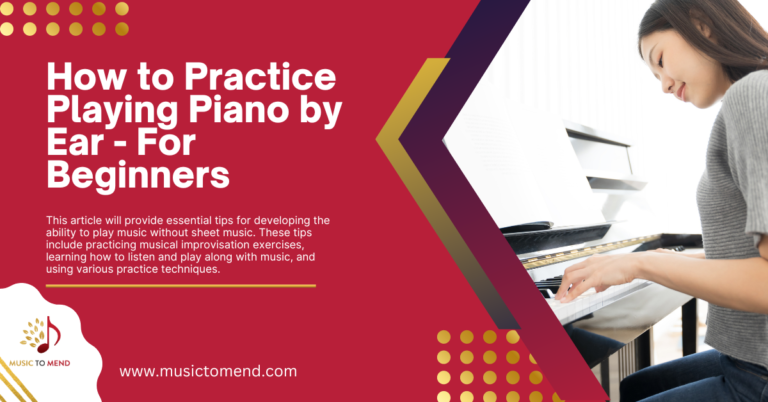How Music Lessons for Autistic Children Can Help Them Find Their Voices and Build Confidence
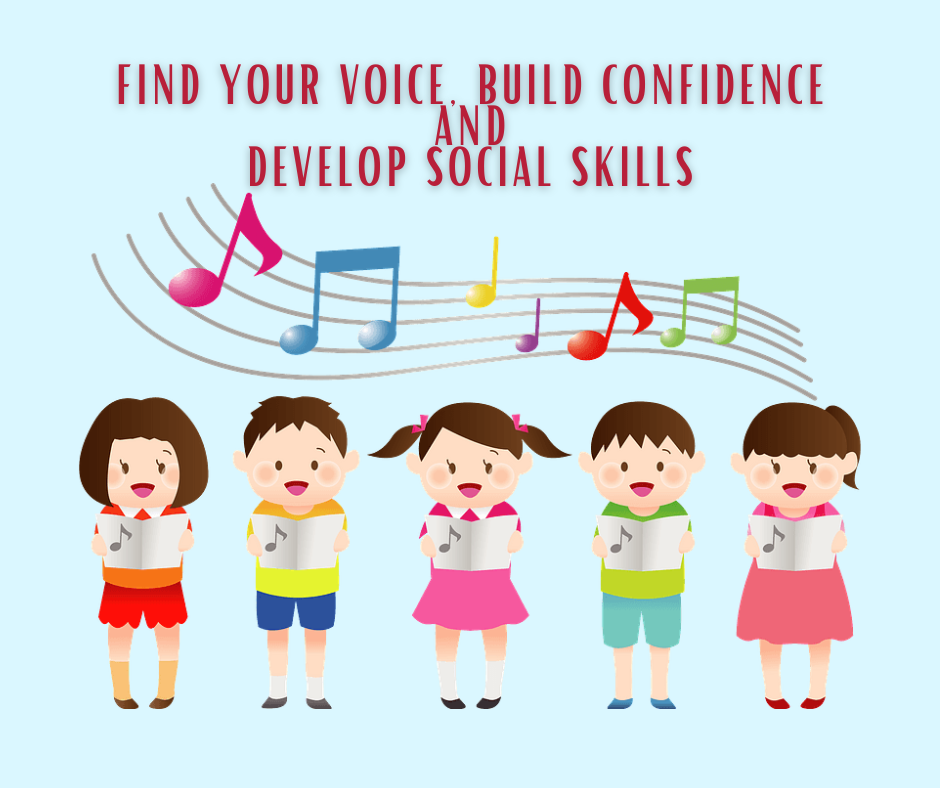
ES_Caspian-Sea-Vusal-Zeinalov
What is an Autism Spectrum Disorder
An autism spectrum disorder is a developmental disorder that affects the way a person communicates and relates to others. It is said that there are two types of autism spectrum disorders – autistic children and autistic adults.
Autism spectrum disorders are becoming more common among children and youth. According to the Centers for Disease Control, 1 in 36 children have an autism spectrum disorder (ASD). It is important to know what it is, how it affects people with the condition, and how to support someone who has been diagnosed with this condition. As a parent, you may be wondering how to best use music to help your child on their journey of developing skills in life.
Why Music Lessons Are Beneficial for Autistic Children
Music lessons can be a great way for many children and adults with autism to learn new skills, build confidence, and find their voice.
Music lessons are one of the most effective ways to help children with autism develop social skills while also learning new skills that they can use in everyday life. Music teachers are often able to identify the child’s strengths and weaknesses by observing them in a class setting. In addition, music lessons provide a safe space for children who might not feel comfortable in other settings.
For many people with autism, music is an outlet that helps them express themselves and gain confidence. The benefits of these types of music classes are huge for those who struggle to learn or speak in other settings.
Music lessons for autistic children has been a subject of debate. Some argue that it is not the right way to teach autistic children. However, research and studies have shown that music lessons can help autistic children learn social skills, develop language skills and improve their attention spans.
Music lessons can also help with self-esteem, as they provide an outlet for autistic children to express themselves in a safe environment. This is crucial as many people with autism struggle to find opportunities to express themselves in the real world.
The benefits of music lessons are not limited to those who have autism; they also benefit other types of learners such as those who are learning English or those who are learning how to play an instrument.
What’s the Difference Between Songs for Kids With Autism and Those for Everyone Else?
Music is one of the most important elements of a child’s life. It can have a significant impact on their mood, behavior and development. Music for children with autism, though, has its own unique characteristics. There are some differences in what they would like to hear and what they might not enjoy as much.
Music for kids with autism may be more repetitive or have more repetition than music for everyone else because it can help them cope with their condition. For example, if they are dealing with sensory overload or anxiety, music that is repetitive can help them calm down in the moment and not focus on the overwhelming stimuli that is happening around them.
Music for children with autism may also be more intense than other types of music because it might contain stronger emotions, such as anger or sadness, to help express how they’re feeling at a given moment.
What Types of Music Help with Autism?
There are three main types of music therapy: music self-regulation, music expression, and environmental music therapy. The three types of music help people with autism by providing them an outlet for their emotions, improving their moods, and helping them to cope better during challenging situations.
Music self-regulation is a widely used therapy that may help improve people’s ability to focus and control their emotions. This type of music therapy is typically done through listening to recorded music, including popular and children’s songs. Music expression helps people express themselves by playing percussion instruments, singing, chanting, playing an instrument, or making up a song. Music therapists use this type of therapy to provide an outlet for emotional release and also as a way for the person to process their thoughts and feelings before speaking about them later in life.
Environmental music helps people with autism adapt better to the world by helping them learn about their surroundings. Music therapists use music to help people with autism cope with stress, anxiety, and other feelings that may interfere with everyday life.
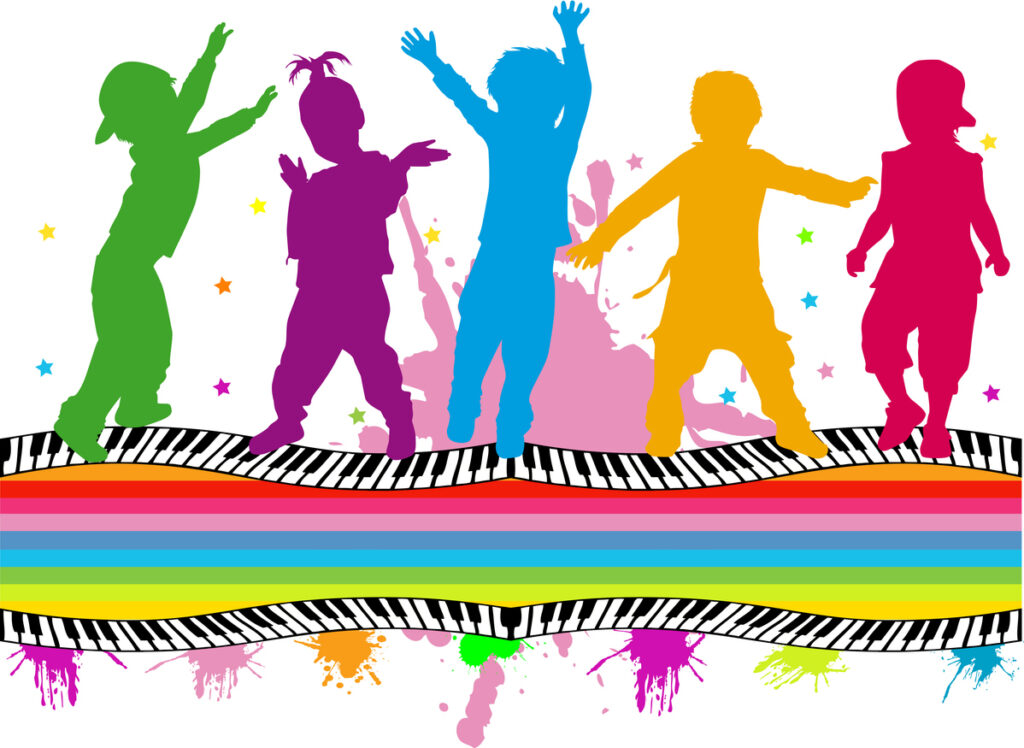
In summary, music is an integral part of our lives, and we all know that it can affect our moods, emotions, and overall well-being. This is especially true when it comes to children with autism, as they often struggle with sensory processing disorders (e.g., sound sensitivity). Understanding what types of music might be beneficial can help parents make informed decisions about how they can best support their child’s development.
